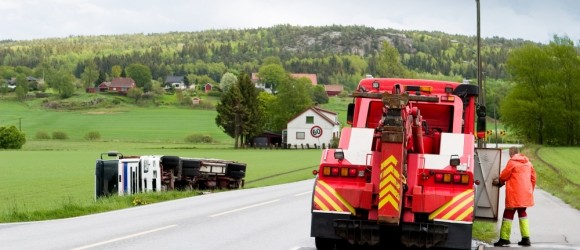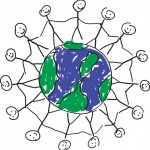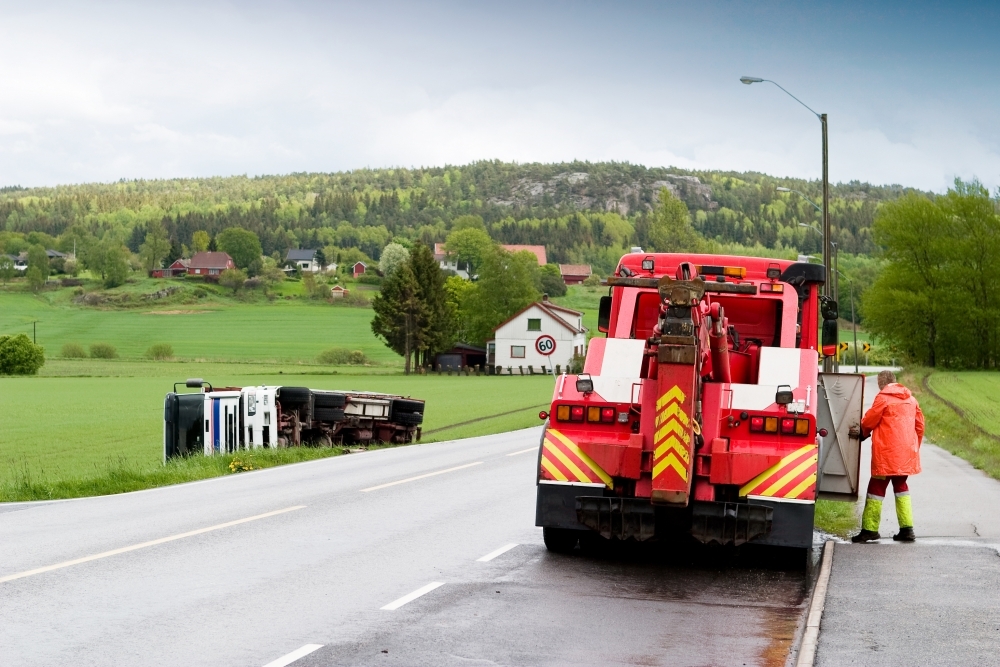One more kind of waste
- At September 29, 2017
- By Nathan
- In Effective living
 0
0

Each society and each person must find a way to make good and careful use of available talents and resources to meet their own needs and the needs of others. This emphasis has followed partly from the theological-based idea of stewardship not to mention the classic golden rule. But regardless of the direct cause, so much human activity and economic output or GDP is connected to meeting basic human needs such as food, shelter, water, security, clothing, heat, electricity, transportation, education, health care, etc.
The list goes on and on.
Now it is noteworthy that some nations and and groups have found a way to become more productive and accomplished at this whole business than others. Why is that? The full answer is likely elusive and complex. But taking the time to explore the contrast between the USA and Canada may provide a few clues. Out of curiosity, do you think Americans or Canadians tend to be more productive and routinely create more value?
Of course any loyal member of a less-productive country or crowd will tend to feel inclined to claim that obviously they have less to work with, that the folks over yonder are privileged in many respects, that their collective lot in life is marked by bad luck or no luck at all, and that the government no less and powerful interest groups are working against the average citizen. And they may well have a point.
Life is not always fair; we all know that. The system could potentially be rigged against us. Insider groups appear to be endless. Connections are critical. And equal opportunity is not a global guarantee. For whatever reason, sometimes events clearly do not turn out in our favour.
Just ask Hillary Clinton or the shareholders at Bombardier.
But one pertinent question will always remain: As difficult and challenging as the situation may be, what role does each person in a given society or organization still have to play in terms of positively shaping the future? Or more to the point: What part do you and I have to perform, right now?
It is interesting that the well-known Lean approach to manufacturing was developed in a small country that had recently been defeated in a horrific war involving nuclear weapons. Stop for a moment and consider that. Hiroshima. Nagasaki. The wide-spread emphasis on continuous improvement did not get started down in Detroit on a leisurely summer afternoon or over in Sweden in Volvo-land. No, this distinctive approach took shape in Japan in the context of great adversity and apparent devastation.
The eight kinds of waste associated with Lean include defects, overproduction, waiting, none-utilized talent, transportation issues, inventory problems, unnecessary motion, and extra processing. But it could be said that there are really eight different kinds of one kind of waste. The background assumption being that corporations and cultures need to make good use of everything they have – which includes time, money, energy, talent, assets, resources, etc. Some may be inspired merely by pressing survival needs and raw competition but more powerful sources of motivation are usually also present.
So if you were asked to expand the standard list to include nine kinds of waste, what would you add to the list? How about failing to make good use of strong adversity and very difficult circumstances? Is it possible to talk in terms of somehow “wasting” these undesirable events?
Yes, it is.
Remember, the purpose of Lean is to reduce waste so as to increase value for the customer. Creativity and time may be required. But it is worth considering at least how some unpleasant experiences and tangible setbacks could eventually work out for your own benefit and the benefit of others.
© Career & Life Direction 2017. All rights reserved.

































